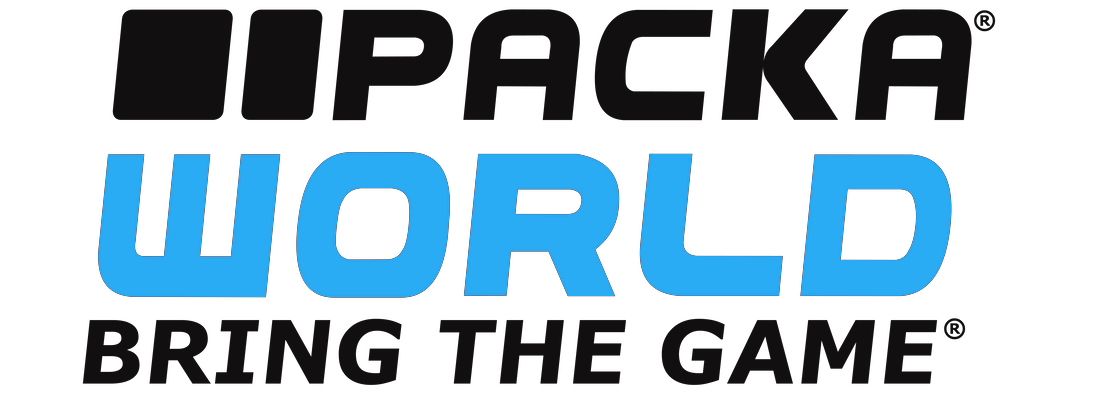“From my perspective, the most important thing is that the athletes enjoy themselves and have a fair competition. Anything that makes it easier for them to do this is of huge value.
“The athletes really enjoyed the chance to compete on a national stage, and I think the courts were outstanding. I came in a little earlier each day and mostly set them up myself, which saved our volunteers a bit of time.” Mr Richards said the Special Olympics bocce programme was “really starting to pick up pace”, thanks to the Packaworld courts. He said the increased participation numbers for 2017 were a positive sign, and anticipated many more athletes in 2021. Packaworld CEO Peter Roberts said he was proud of the difference the courts were making for Special Olympics athletes in New Zealand and around the world, and hoped more people would see the value of bocce as a form of social investment for the future. “Sports like bocce help people of all abilities to be healthier, more active and happier. Thanks to Special Olympics New Zealand’s vision, these athletes have been able to represent, to compete, to achieve and to connect with their communities.” Bocce is an ancient Italian sport similar to pétanque and lawn bowls, played in a walled competition court that is 60 feet long and 12 feet wide. Previously practically unknown in New Zealand, it has become a major sport in the Special Olympics thanks to portable courts and dedicated volunteers. Prior to the 2013 event, the courts were composed of 2x4 planks, which required a 60-foot shipping container to transport and three days to set up. The courts used for the 2017 National Summer Games are the same courts used for the 2013 Games. They were donated to regional Special Olympics divisions after the event and are used for school programmes such as KiwiSport in Auckland and regional Special Olympics bocce competitions, but were easily transported for their return to the Games. Packabocce courts also left a lasting legacy following the 2013 Asia Pacific Special Olympics in the Australian state of New South Wales, and more recently took the field at the 2017 Latin American Special Olympics in Panama City following endorsement from Special Olympics International CEO Mary Davis. Comments are closed.
|
OUR PURPOSETO MAKE THE JOY OF SPORT REAL TO MORE PEOPLE - to find out more click here CATEGORIES
All
|
Company |
Product information |
PaymentYou're welcome to pay by credit card, internet banking or Paypal. Credit card payments are fully secure. IMPORTANT NOTE - Not all products are available to be purchased online. Check out each respective storefront to check on availability.
|
Suite 3914, PO Box 83000, Johnsonville, Wellington 6037,
New Zealand |

 RSS Feed
RSS Feed

